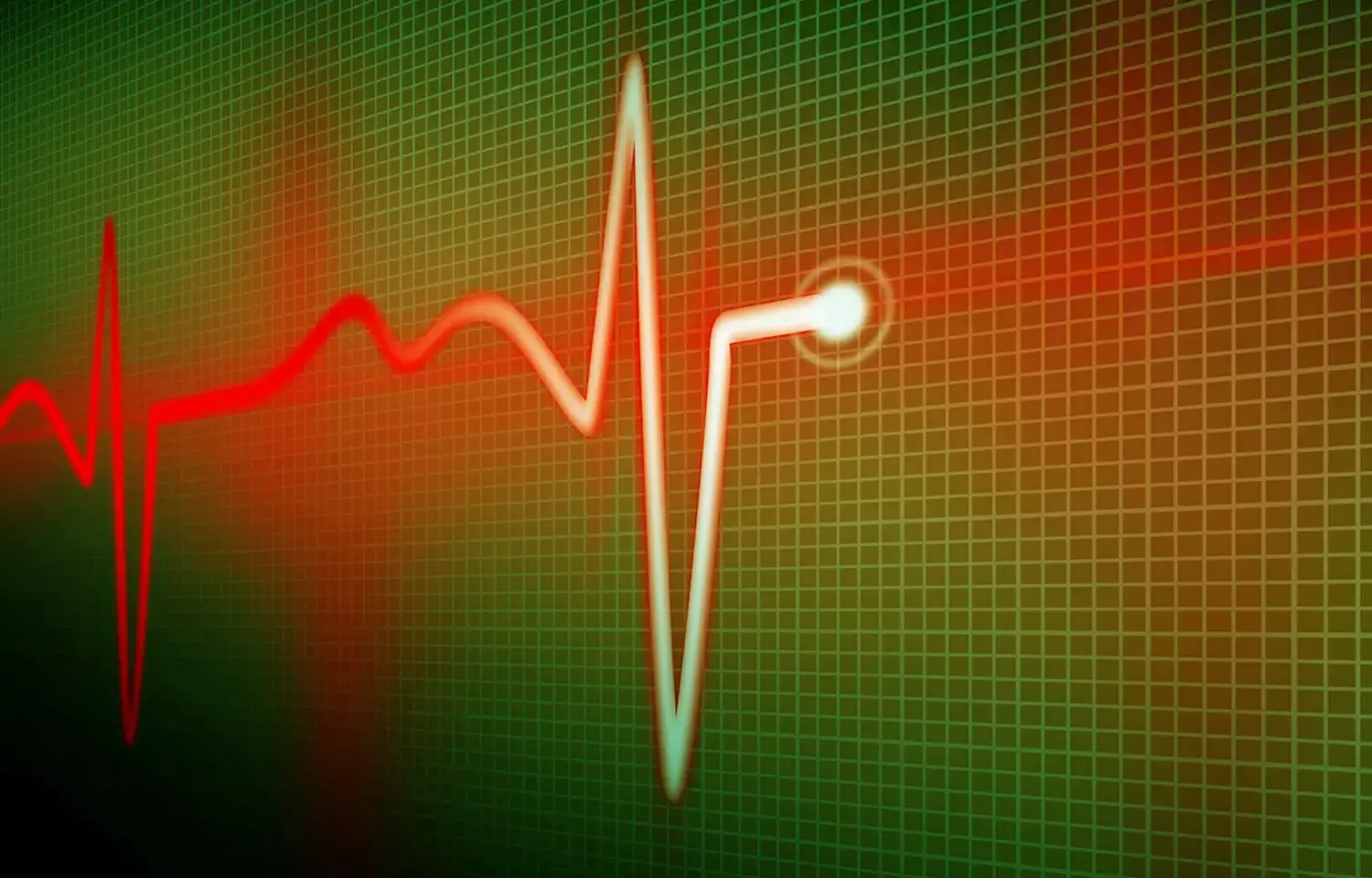- Home
- Medical news & Guidelines
- Anesthesiology
- Cardiology and CTVS
- Critical Care
- Dentistry
- Dermatology
- Diabetes and Endocrinology
- ENT
- Gastroenterology
- Medicine
- Nephrology
- Neurology
- Obstretics-Gynaecology
- Oncology
- Ophthalmology
- Orthopaedics
- Pediatrics-Neonatology
- Psychiatry
- Pulmonology
- Radiology
- Surgery
- Urology
- Laboratory Medicine
- Diet
- Nursing
- Paramedical
- Physiotherapy
- Health news
- Fact Check
- Bone Health Fact Check
- Brain Health Fact Check
- Cancer Related Fact Check
- Child Care Fact Check
- Dental and oral health fact check
- Diabetes and metabolic health fact check
- Diet and Nutrition Fact Check
- Eye and ENT Care Fact Check
- Fitness fact check
- Gut health fact check
- Heart health fact check
- Kidney health fact check
- Medical education fact check
- Men's health fact check
- Respiratory fact check
- Skin and hair care fact check
- Vaccine and Immunization fact check
- Women's health fact check
- AYUSH
- State News
- Andaman and Nicobar Islands
- Andhra Pradesh
- Arunachal Pradesh
- Assam
- Bihar
- Chandigarh
- Chattisgarh
- Dadra and Nagar Haveli
- Daman and Diu
- Delhi
- Goa
- Gujarat
- Haryana
- Himachal Pradesh
- Jammu & Kashmir
- Jharkhand
- Karnataka
- Kerala
- Ladakh
- Lakshadweep
- Madhya Pradesh
- Maharashtra
- Manipur
- Meghalaya
- Mizoram
- Nagaland
- Odisha
- Puducherry
- Punjab
- Rajasthan
- Sikkim
- Tamil Nadu
- Telangana
- Tripura
- Uttar Pradesh
- Uttrakhand
- West Bengal
- Medical Education
- Industry
Elevated heart rate increases microalbuminuria risk in diabetics, finds study

Taiwan: Increased resting heart rate is associated with an increased risk of microalbuminuria development in type 2 diabetes (T2D) patients, finds a recent study in the journal Diabetic Medicine.
Microalbuminuria is an indicative of chronic kidney disease and adverse cardiovascular events. Studies have showed elevated resting heart rate to be a risk factor for microalbuminuria in cardiovascular disease patients but its role in the microalbuminuria development in T2D patients is not clarified yet. Y.K. Chang, Jenteh Junior College of Medicine, Nursing and Management, Miaoli, Taiwan, and colleagues therefore investigated the relationship between resting heart rate and new‐onset microalbuminuria in type 2 diabetes.
The prospective cohort study enrolled a total of 788 people from a glycemic control trial in Taiwan. The resting heart rate and other covariates were measured at baseline. Microalbuminuria was defined as a fasting urine albumin‐to‐creatinine ratio ≥30 mg/g in two consecutive urine tests. The quartile of resting heart rates, categorized as <70, 70‐74, 75‐80, and >80 beats/min. The association between resting heart rate and risk of microalbuminuria were evaluated using Cox proportional hazard models.
Key findings of the study include:
- During the follow‐up period, 31% people developed microalbuminuria.
- Those who developed microalbuminuria had a longer diabetes duration (median=3.0 vs. 2.0 years), higher rate of hypertension (77% vs. 66%), higher rate of ACE inhibitor/angiotensin receptor blocker treatment (50% vs. 38%), and higher baseline HbA1c level (70 vs. 64 mmol/mol, 8.6 vs. 8.0 %).
- After adjusting for demographics, metabolic profiles, and inflammatory markers, developing microalbuminuria was significantly associated with baseline resting heart rate of 70‐74, 75‐80, and >80 beats/min (with hazard ratios of 2.05, 2.10, and 1.62, respectively) compared to resting heart rates <70 beats/min.
- An average increased risk of microalbuminuria for increment of 10 beats/min was about 24% among those with hypertension (with hazard ratios of 1.24 in the multivariable Cox model).
"Our results showed resting heart rate may be an associative risk factor for developing microalbuminuria in type 2 diabetes," concluded the authors.
"The relationship between resting heart rate and new‐onset microalbuminuria in people with type 2 diabetes: An eight‐year follow‐up study," is published in the journal Diabetic Medicine.
DOI: https://onlinelibrary.wiley.com/doi/abs/10.1111/dme.14436
Dr Kamal Kant Kohli-MBBS, DTCD- a chest specialist with more than 30 years of practice and a flair for writing clinical articles, Dr Kamal Kant Kohli joined Medical Dialogues as a Chief Editor of Medical News. Besides writing articles, as an editor, he proofreads and verifies all the medical content published on Medical Dialogues including those coming from journals, studies,medical conferences,guidelines etc. Email: drkohli@medicaldialogues.in. Contact no. 011-43720751


